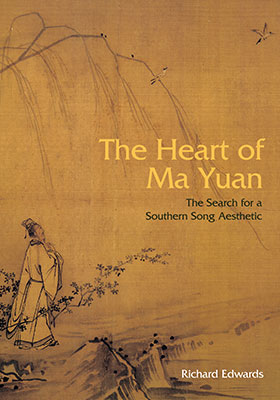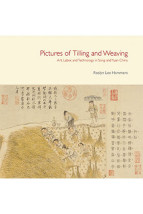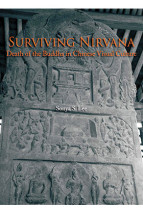The Heart of Ma Yuan
The Search for a Southern Song Aesthetic
(馬遠:尋找中國南宋時期的美學)
ISBN : 978-988-8028-65-8
March 2011
464 pages, 7″ x 10″, 312 color illus.
- HK$395.00
Ebooks
Ma Yuan, one of China’s best-known artists, was a key figure in the period widely celebrated as the golden era of Chinese landscape painting. The Heart of Ma Yuan offers a careful discussion of Ma Yuan’s painting as it emerged within the sophisticated artistic environment of Hangzhou in the late twelfth and early thirteenth centuries.
Beautifully illustrated with more than 300 illustrations from leading museums and private collections around the world, the book includes discussions of Ma Yuan’s family of six generations of skillful painters, his many patrons, and his distinctive style in engaging Confucian, Taoist and Buddhist genres and his superb landscapes, including animals, flowers, and detailed studies of water.
Widely noted for his own keen eye and masterful stylistic analysis, Richard Edwards cultivates the art of looking for a broad readership, from general art lovers to specialists in art history. As a Western scholar exploring the significance of a highly refined Eastern culture, he draws on natural history, poetry, and relevant contemporary writing as well as the work of other artists.
“Ma Yuan emerges as an artist who captures the reality of season, time, and mood in a dazzlingly abbreviated style that is nonetheless utterly convincing in its rendering of the natural world.” —Maxwell K. Hearn, Metropolitan Museum of Art
“Richard Edwards and Ma Yuan have something in common: both are deeply committed to the work of art and the medium of ink painting. And like Ma Yuan’s brushwork, Edwards’s prose couples formal restraint with expressive power. This book is a major contribution to the literature on the art of ink painting at the Southern Song court.” —Robert Sharf, University of California, Berkeley




